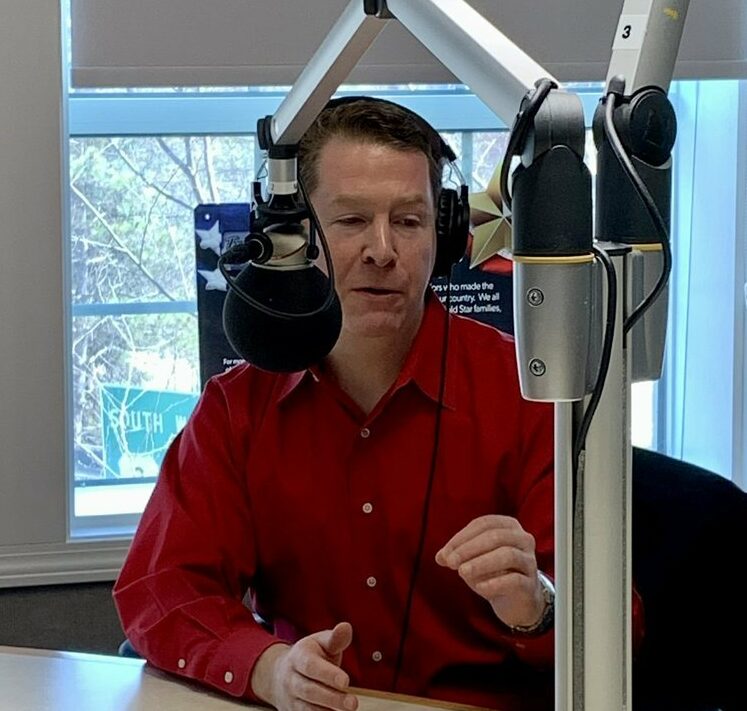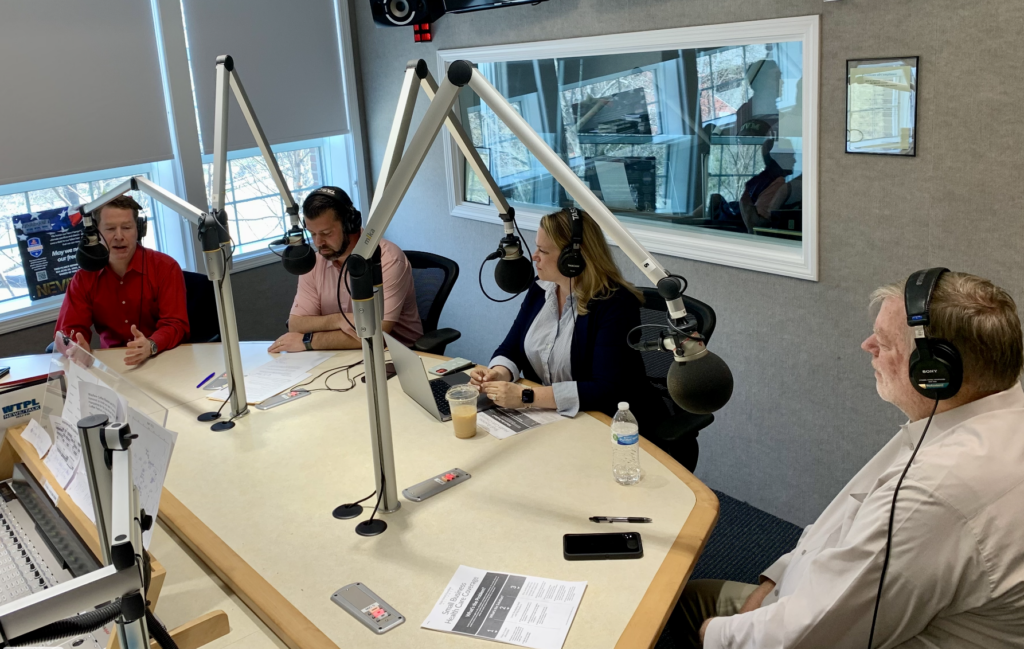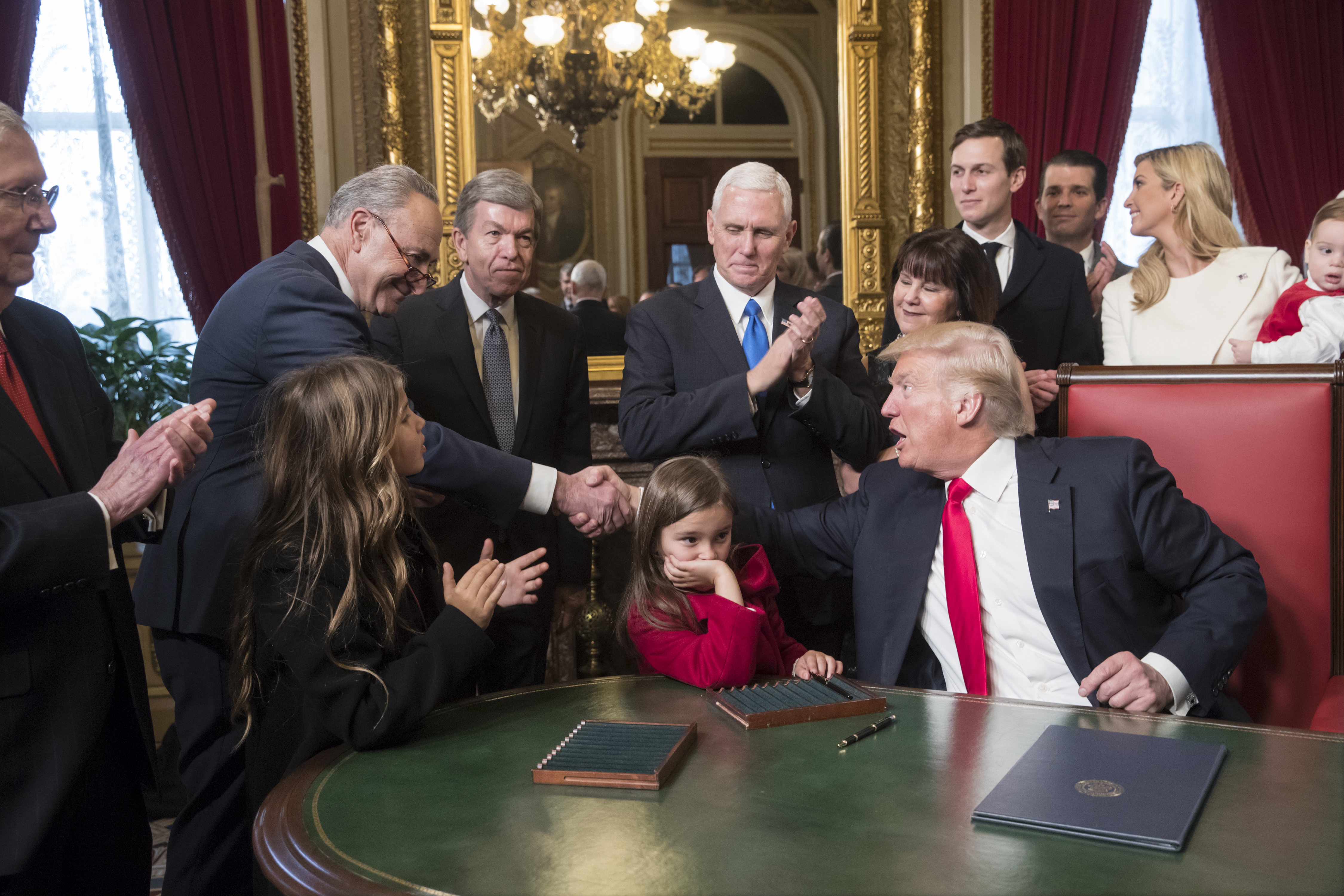Radio Roundtable: Free Market Healthcare Solutions Needed

Granite Staters are paying too much for healthcare, have too few options, and don’t want to be stuck with government-run plans that are part of the Affordable Care Act.
That was the view of several panelists who participated in a radio roundtable on the Pulse of New Hampshire Friday, led by host Jack Heath.
Heath said the politics of healthcare have become too fraught with Republicans and Democrats dug in. “Republicans would prefer private healthcare options, but they run away from the issue,” Heath said.
Americans for Prosperity New Hampshire head Greg Moore is also a former director at the N.H. Department of Health and Human Services. He said that in poll after poll, New Hampshire residents say they want better choices.
“People don’t like high costs, and they don’t like government-run healthcare,” Moore said. “There are other options, like giving everyone an HSA (health savings account).”
There are ways to create more competition in the healthcare marketplace that will help drive down costs; he said. Moore favors options like changing the tax code to give individuals the same healthcare tax benefits that businesses currently enjoy.

The Main Street Freedom Alliance radio roundtable on health care hosted by Jack Heath on April 14, 2023.
And it’s not just individuals who are sick of the costs and regulations. Christie Elliot Peters, co-owner of Elliot Controls, an Amherst HVAC company that specializes in automated building controls, said her employees would love to be able to sign up for the company health plan rather than the Affordable Care Act Granite Advantage plan. But the plans her small business is able to secure can price out some workers. She said the costs have been going up almost every year for decades.
“When I trace back, the jumps we have had in rates result from legislation that was supposed to fix the problems or because of the Affordable Care Act,” Peters said.
State Sen. Keith Murphy (R-Bedford) owns Murphy’s Tap Room with locations in Manchester and Bedford. He told Heath he spends hundreds of hours every year trying to get the best plans to offer his 65 employees, But he said the plans are so expensive many of his younger workers opt out.
“When you’re 23, you’re immortal, you think,” Murphy said.
D.J. Bettencourt, deputy commissioner at New Hampshire’s Insurance Department, said Washington regulations that favor individual plans over small businesses are hurting the economy, especially in the Granite State. With New Hampshire companies struggling to hire workers, a good healthcare plan can be the difference between getting and keeping qualified employees.
“The government is trying to improve the individual market and not helping the small business market,” Bettencourt said.
He said New Hampshire’s economy relies on small business owners like Peters and Murphy. “We are a small business state; they are the engine of our economy,” he said.
Bettencourt noted between the aging New Hampshire population and the large swath of people signed up for Granite Advantage; insurance carriers see less reason to offer their plans in New Hampshire given the small pool of potential customers.
“Layer on government regulations with that smaller pool, it’s even less attractive for (insurance) companies.”
That leaves people and businesses with fewer, more expensive options.
State Rep. Jess Edwards (R-Auburn) told the roundtable people want more choice in their healthcare options, but the government simply cannot get out of the way. Part of the problem is the unwillingness of Democrats to revisit the Affordable Care Act.
“Democrats would not support plans to let people out of [the ACA] and get on plans offered by small businesses,” Edwards said.
Republicans also seem unable to address the problem in a meaningful way on their side of the aisle. Bettencourt noted the GOP had a trifecta in 2017 — control of the U.S. House, Senate, and White House — and could still not pass legislation to give people more choices.
“They were like the dog that caught the car,” Bettencourt said.
Moore said Democrats are bent on pushing for more government involvement in the healthcare market as part of the ultimate push for universal healthcare.
“Democrats want to increase the number of people on government insurance,” Moore said. “We need a third way.”










